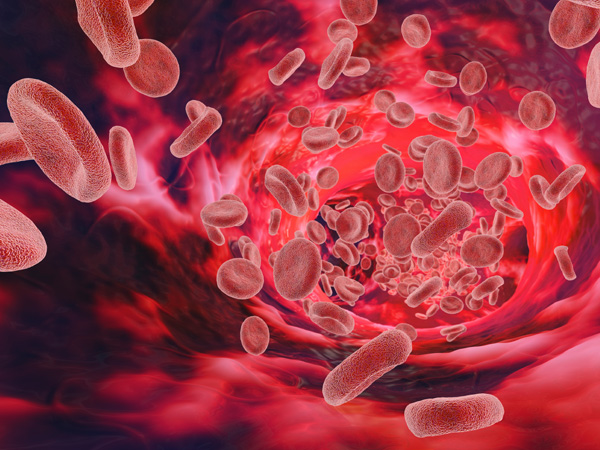Hemophilia is a serious medical condition that affects the blood’s natural ability to coagulate to stop excessive bleeding. It is the result of a genetic mutation inherited from one’s parents. The type of clotting factor deficiency mainly determines the type of hemophilia. Treatment of the condition is possible with early diagnosis and proper understanding of the family history. A doctor will assess the causes of the clotting factor deficiency and the types of hemophilia.
- Hemophilia Type A – Classic Hemophilia
Mutations linked to the X chromosome play a major role in the development of hemophilia. The lack of essential blood clotting factor VIII mainly triggers type A hemophilia. In most cases, this mutation is inherited from the parents with a known history of the blood disorder. The genetic mutation can also develop after birth in some cases. The X chromosome mutation is inherited by both genders from their mother. But in 50 percent of the cases, girls are not affected and only become carriers of the mutated gene, while boys develop the blood disorder. The other half still has a risk of developing symptoms linked to the mutation at a later stage.
- Hemophilia Type A – Acquired Hemophilia
Acquired hemophilia is a rare form of Type A that triggers an autoimmune response against clotting factors in the blood. In layman’s terms, the immune system attacks its own healthy cells, destroying the clotting factors. The condition develops alongside major changes in the body during pregnancy or can be caused due to different types of cancer and autoimmune disorders.
- Hemophilia Type B – Christmas disease
The primary cause of Type B hemophilia is linked to the deficiency of clotting factor IX in the body. In this case, a family history of the blood disorder does not have a major influence over the deficiency. Note that girls inherit two X chromosomes, and a deficiency in only one of the genes makes women only carriers of hemophilia Type B. However, boys inherit only one X chromosome, and an infected gene will most certainly trigger a mutation during old age. Clotting factor IX is also linked to the blood’s ability to coagulate and close-up wounds. Any deficiency increases the risk of excessive bleeding due to injuries or health complications.
- Hemophilia Type C
Type C is quite rare due to a clotting factor XI deficiency. One must inherit the mutation from both parents. Type C hemophilia affects men and women equally, and the genetic mutation is linked to chromosome-4 inherited from both parents. The chances of type C also increase with a family history of the blood disorder. Men and women may be at equal risk, but the condition exhibits unique, depending on the gender affected. For example, women who inherit the type C mutation may experience heavy bleeding during their menstrual cycle or after giving birth.

